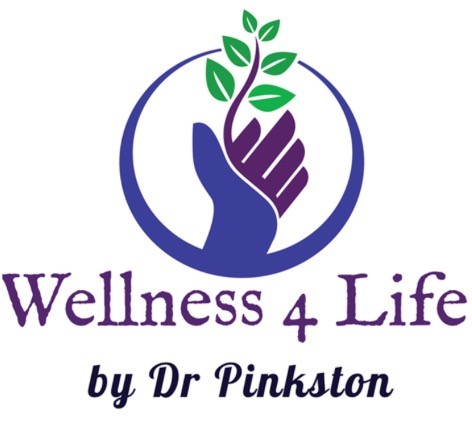Dietary supplements may be the surprising answer to a sleepless night. When you’re desperate for sleep, you might be willing to try over-the-counter sleep aids. But the side effects associated with long-term use of these medications may outweigh or negate any sleep benefits. Dietary supplements, on the other hand, are non-habit forming and simply balance out the nutrients your body already uses.
A long conversation with your doctor is a great place to start when trying to solve your sleep woes, but supplements can also provide short-term relief while you find a lasting solution.
In a study published in the research journal Sleep, researchers tested a combination of valerian and hops extracts against diphenhydramine, a common ingredient in over-the-counter sleep aids. Subjects who took the valerian and hop extracts reported a higher quality of life and lower insomnia severity.
That may be due to valerian’s bornyl acetate content, which can help relax and sedate a person who is struggling with sleep. Similarly, hops have lululin which can produce similar soothing feelings.
While more research is needed, magnesium may also be an alternative to over-the-counter sleep aids, especially for more elderly patients. A study of nursing home patients found small improvements in sleep quality while taking magnesium.
Typically, the magnesium you get from leafy greens and nuts is enough. But if you’re taking diuretics, just got off a long hospital stay, or often take antacids, you may develop a magnesium deficiency.
For sufferers of obstructive sleep apnea, an alternative for the noisy sleep mask might be on the horizon. Researchers at MIT have found the addition of yohimbine–which is from the bark of the African Yohimbe tree– canceled out the causes of airway blockages in sleep apnea animal models.
It’s important to note that no human clinical trials have been conducted for yohimbine. “People who have [heart disease, high blood pressure, or anxiety disorders] could be at risk if they use yohimbine,” said Chi-Sang Poon, a research scientist for the Institute of Medical Engineering and Science at MIT. He advised waiting for clinical trials to be completed before seeking out this supplement.
You should, of course, always consult a medical professional before taking any supplements, especially if you are currently taking supplements or medications.


Recent Comments